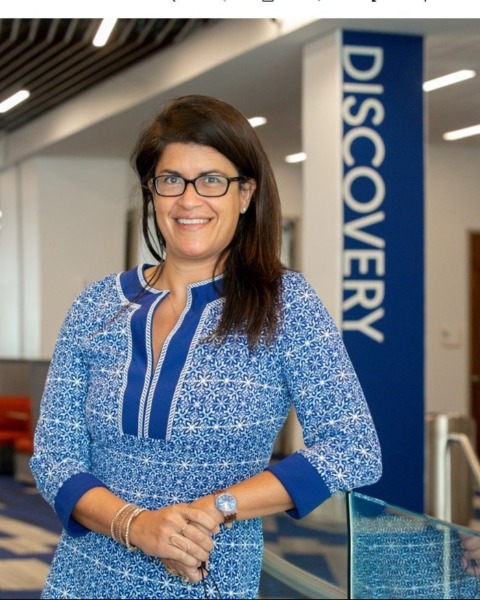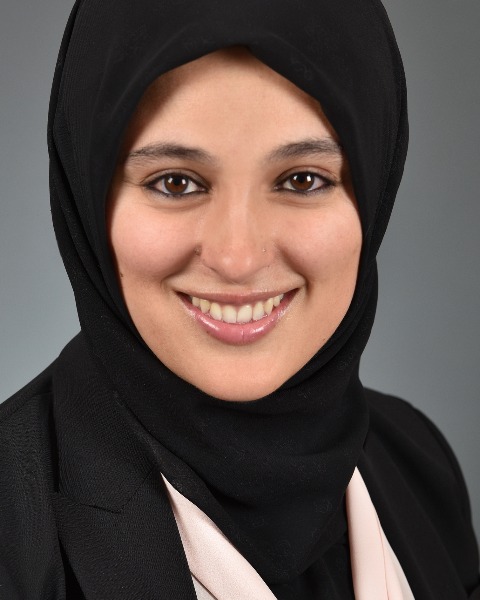Academic and Research Skills
Advocacy
Clinical Research
Community Pediatrics
Diversity, Equity, and Inclusion
Health Equity/Social Determinants of Health
Immigrant Health
Public Health
Trainee
From Language Access to Language Justice: Transforming Pediatric Academic Systems
-
MR
Maya Ragavan, MD, MPH, MS (she/her/hers)
Associate Professor of Pediatrics; Associate Vice Chair Diversity Equity and Inclusion Research
University of Pittsburgh
Wexford, Pennsylvania, United States -

John Cowden, MD, MPH (he/him/his)
Professor of Pediatrics, Health Equity Integration Project Leader
Children's Mercy Kansas City
Kansas City, Missouri, United States -

Raquel Hernandez, MD, MPH (she/her/hers)
Associate Professor of Pediatrics
Pediatrics
Johns Hopkins All Children's Hospital
Tampa, Florida, United States -

Alisa Khan, MD, MPH
Pediatric Hospitalist, Director of Program for Language Equity, Assistant Professor of Pediatrics
Pediatrics
Boston Children's Hospital
Boston, Massachusetts, United States -
PO
Priscilla Ortiz, PhD, CMI-Spanish (she/her/hers)
Applied Linguist / Language Services
CHOP
Philadelphia, Pennsylvania, United States
Leader(s)
Co-Leader(s)
Workshop Description: People who use languages other than English (LOE) experience numerous health and healthcare disparities. Traditionally, healthcare systems have addressed language-based disparities by focusing on basic language access, especially through interpretation. More extensive services, including for written communication, have seldom been integrated systematically within academic health systems, often leaving patients to advocate for their language needs. To achieve transformational, systems-level change, address long-standing disparities, and promote social justice, a paradigm shift is needed, from language access to language justice. Language justice places the responsibility of providing linguistically affirming services on the system (healthcare, research, etc.) rather than the patient or family. It views patient and family language as a strength, not a barrier, with no language being dominant. Language justice, which is relevant to all academic activities (i.e., clinical care, education, and research), can be promoted using a language justice plan, which is a templated step-by-step review of practices and policies our team has developed. Language justice plans prioritize systems-level change and include proper allocation of funding and time for high-quality translations, training, and evaluation of services.
Using didactic presentation, case-based learning, and small group activities, this workshop will support attendees in understanding language justice and developing and implementing a language justice plan relevant to their work. Each attendee will choose one of three foci: clinical care, education, or research. Attendees will leave the workshop with a plan they can immediately begin implementing. This workshop is relevant to attendees from all specialties and learner levels.
Learning Objectives:
- Describe the concept of language justice and how it can be applied to clinical practice, education, and research
- Develop a language justice plan relevant to a specific activity (e.g., clinical workflow, research study) using a template developed by the workshop team
- Identify 3 actionable strategies for implementation of the learner’s newly created language justice plan

